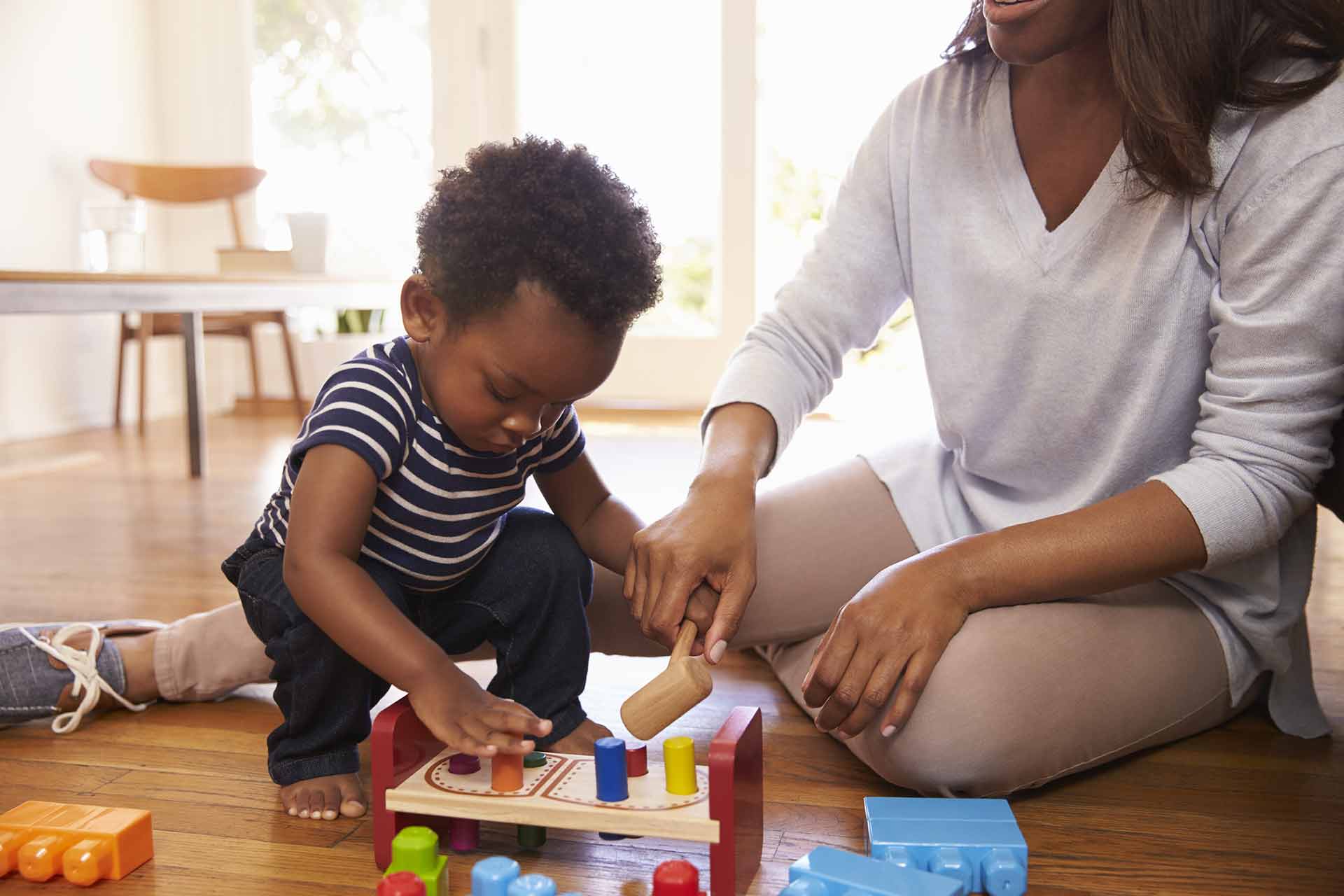Routines give children a sense of security and help them develop self-discipline. As adults, we don’t realize the number of times per day our children’s routines are disrupted and how that can affect them. Every day, children experience developmental change without much upheaval, but environmental changes in routine need to be acknowledged. This is especially important for children with special needs.
Change is difficult for most adults and can cause apprehension. For a child, most disruptions to their routines are out of their control. By providing them with a predictable routine, we are allowing children to feel safe, and to develop a sense of mastery in handling their lives. As this sense of mastery is strengthened, we can create independence and self-confidence so they can tackle larger changes – such as walking to school without a parent, paying for a purchase without a parent’s help, or going to a sleepover at a friend’s house.
Unpredictable changes can have a profound impact on a child – these may include the death of a loved one, a divorce, a move or another baby entering the family. These changes can erase a child’s sense of security as much as a change in who is picking the child up at school, which parent is bringing the child to swim lessons, or having bath time before dinner verses the “normal” routine of dinner and then a bath. Children are sensitive and dependent on knowing what to expect and when it will happen. For children with special needs, a subtle change in routine can alter their entire day.
Although offering children structure helps them feel secure, confident and ready to take on new challenges, it has an important developmental role as well. Structure and routines teach kids how to positively control themselves and their environments. Babies tell us what they need and do not require routines, but as they develop and grow, the family begins to form routines that organize their lives. Structure allows us to internalize beneficial habits.
As important as structure and routines are to children, so is spontaneity and creativity. Parents and caregivers are responsible for deciding what is in the best interest of their child because they know their child best. Offering routines and traditions that make your children’s world understandable will create a sense of structure they can use throughout their lives.
What traditions have you started in family?
Amy Bontempo is the Manager of Family and Community Engagement at Penfield Children’s Center. She supervises the Community Outreach Educator, Volunteer Coordinator, Parent Mentor Program, and Family Programs of which Penfield host over 60 per year. She has served on the Board of Directors for the Down Syndrome Association (DSAW) of Wisconsin since 2011 and previously served on the Volunteer Respite Committee for Children’s Service Society now part of Children’s Hospital of Wisconsin Community Services, and the Family Resource Connection of Milwaukee Co.
Markham, Laura, MD. Aha! Parenting. <www.ahaparenting.com>







